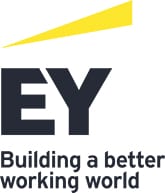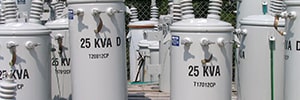As Baby Boomers head into retirement, recruiting and retaining the newer workforce has become a critical component to the advancement of the oil and gas industry. However, key findings show that skilled labor shortages are intensifying and broadly affecting industries across the board. Additionally, while the younger generations bring with…
Attracting & Retaining Oil & Gas Industry Talent






























 EUCI is registered with the National Association of State Boards of Accountancy (NASBA) as a sponsor of continuing professional education on the National Registry of CPE Sponsors. State boards of accountancy have final authority on the acceptance of individual courses for CPE credit. Complaints regarding registered sponsors may be submitted to the National Registry of CPE Sponsors through its web site:
EUCI is registered with the National Association of State Boards of Accountancy (NASBA) as a sponsor of continuing professional education on the National Registry of CPE Sponsors. State boards of accountancy have final authority on the acceptance of individual courses for CPE credit. Complaints regarding registered sponsors may be submitted to the National Registry of CPE Sponsors through its web site: 


























